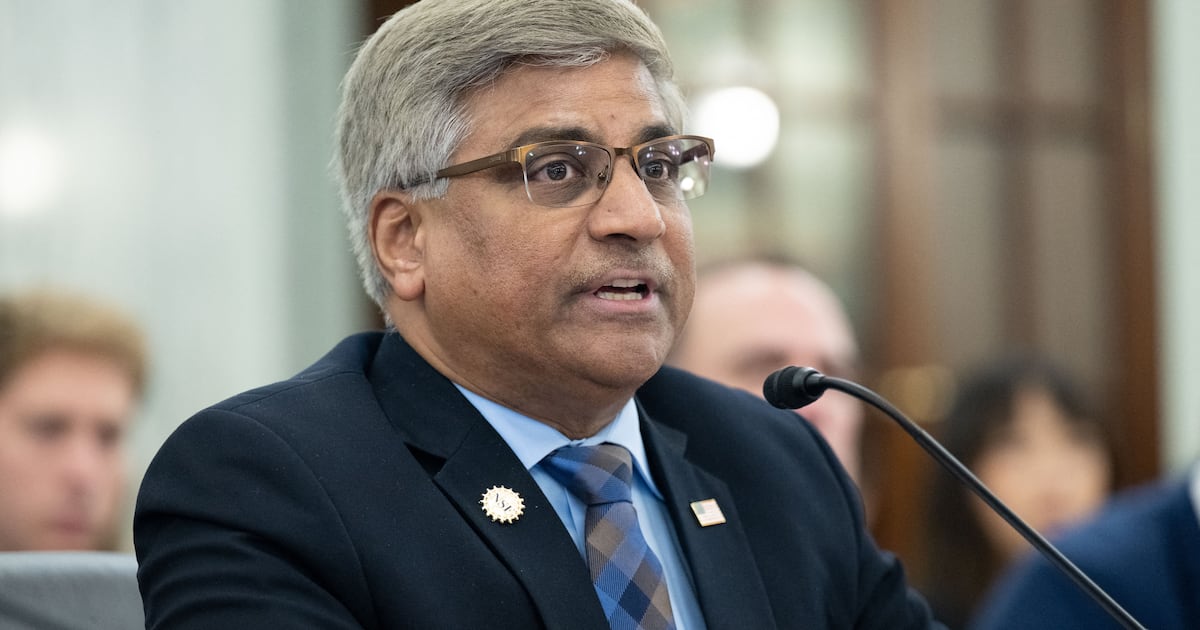Breaking: Top Trump Science Advisor Resigns Suddenly Amid Mounting Pressures

In a surprising turn of events, Sethuraman Panchanathan, the National Science Foundation (NSF) director originally appointed during the Trump administration, has stepped down amid mounting challenges related to funding cuts and scientific research support.
Panchanathan, who had been leading the critical scientific research agency since 2020, faced increasing pressure as budget constraints threatened to undermine crucial scientific initiatives. His departure highlights the ongoing tensions surrounding federal research funding and the strategic direction of scientific research in the United States.
During his tenure, Panchanathan worked to advance technological innovation and support cutting-edge research across multiple scientific disciplines. However, recent funding reductions created significant obstacles for the NSF's mission to drive scientific progress and technological advancement.
The resignation signals potential shifts in the agency's leadership and raises questions about the future of scientific research funding. Researchers and scientific communities are closely watching to see who will be appointed to lead the NSF and what strategic changes might accompany this leadership transition.
Panchanathan's exit underscores the delicate balance between political appointments, scientific integrity, and the ongoing challenge of maintaining robust support for research and innovation in an increasingly complex funding landscape.
